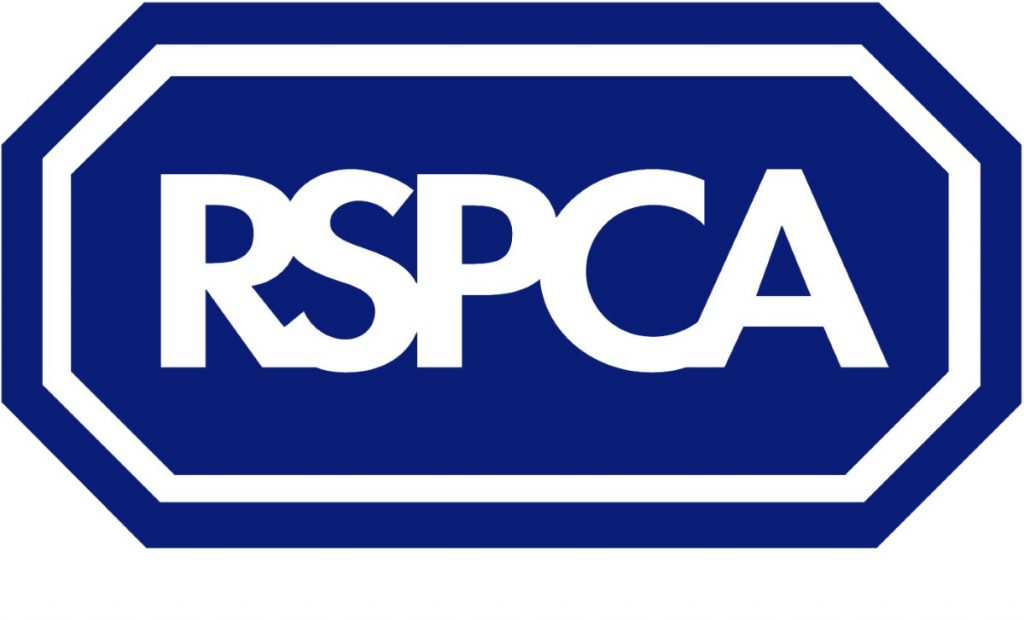RSPCA: Oiled birds released following care in RSPCA wildlife centre
Some of the oiled sea birds cared for by the RSPCA will be released back into the wild on Thursday (February 28).
Journalists and film crews are welcome to join us watch the sea birds make their first flights back over the sea since they were rescued from along the south coast shores last month.
Staff will be checking the weather conditions and whether the birds are fit and well enough to make their return in the morning. The aim is to take them to a cliff-top in the Portland area of Dorset, where the vast majority of the birds were found, for early afternoon.
More than 300 birds – mainly guillemots but some razorbills – were taken into RSPCA care at the end of January after being contaminated with Polyisobutylene (PIB) or butyl rubber, a colourless synthetic rubber.
They were mainly being cared for at the RSPCA’s West Hatch wildlife centre in Taunton, Somerset although some were taken to Mallydams Wood in Hastings, East Sussex where the first releases back into the wild took place last week.
Peter Venn, manager at West Hatch, said: “Our staff have done a fantastic job in cleaning and caring for these birds and now some of them are strong and fit enough to be released back to the wild where they belong.
“They arrived in quite a weak state and needed quite a bit of care and attention to get them rehydrated, fed and strong again before we could wash the sticky substance off them.”
The first birds covered in the oily substance were found on 29 January then numbers increased dramatically over the next few days.
The vast majority of the birds were found on beaches in Dorset – mainly Chesil Beach, near Portland and Weymouth. There were some found further along the coast in Folkestone, one in Cornwall and a couple in the Isle of Wight. There have also been reports of birds found in Ostend covered in the same sticky goo.
Sadly many of those found on the beaches were dead, but inspectors and volunteers did their best to save as many as they could and take them to West Hatch.
The Environment Agency took a sample of the substance and sent it for testing. The results showed it was Polyisobutylene.
Staff at the wildlife centres initially tried to clean the substance off the birds with washing up liquid, but this did not get the substance off. Subsequent attempts to use margarine were a lot more successful.
-ends-
Notes to editors
· For more information please call Katya Mira on 0300 123 0290 or email katya.mira@rspca.org.uk.
· Numbers of birds released and exact times of the release will depend on weather conditions and the condition of the birds.
· The rest of the birds from both wildlife centres will be released over subsequent days
· Photographs will be taken on the day and we can send to you afterwards.
RSPCA, Wilberforce Way, Southwater, Horsham, West Sussex RH13 9RS
Press office direct lines: 0300 123 0244/0288 Fax: 0303 123 0099
Duty press officer (evenings and weekends) Tel 08448 222888 and ask for pager number 828825
Email: press@rspca.org.uk Website: www.rspca.org.uk
Dogs come in all shapes, sizes and breeds! Check out our top tips for
canine care:
http://blogs.rspca.org.uk/insights/2013/01/03/meeting-your-dogs-welfare-needs/





-01.png)